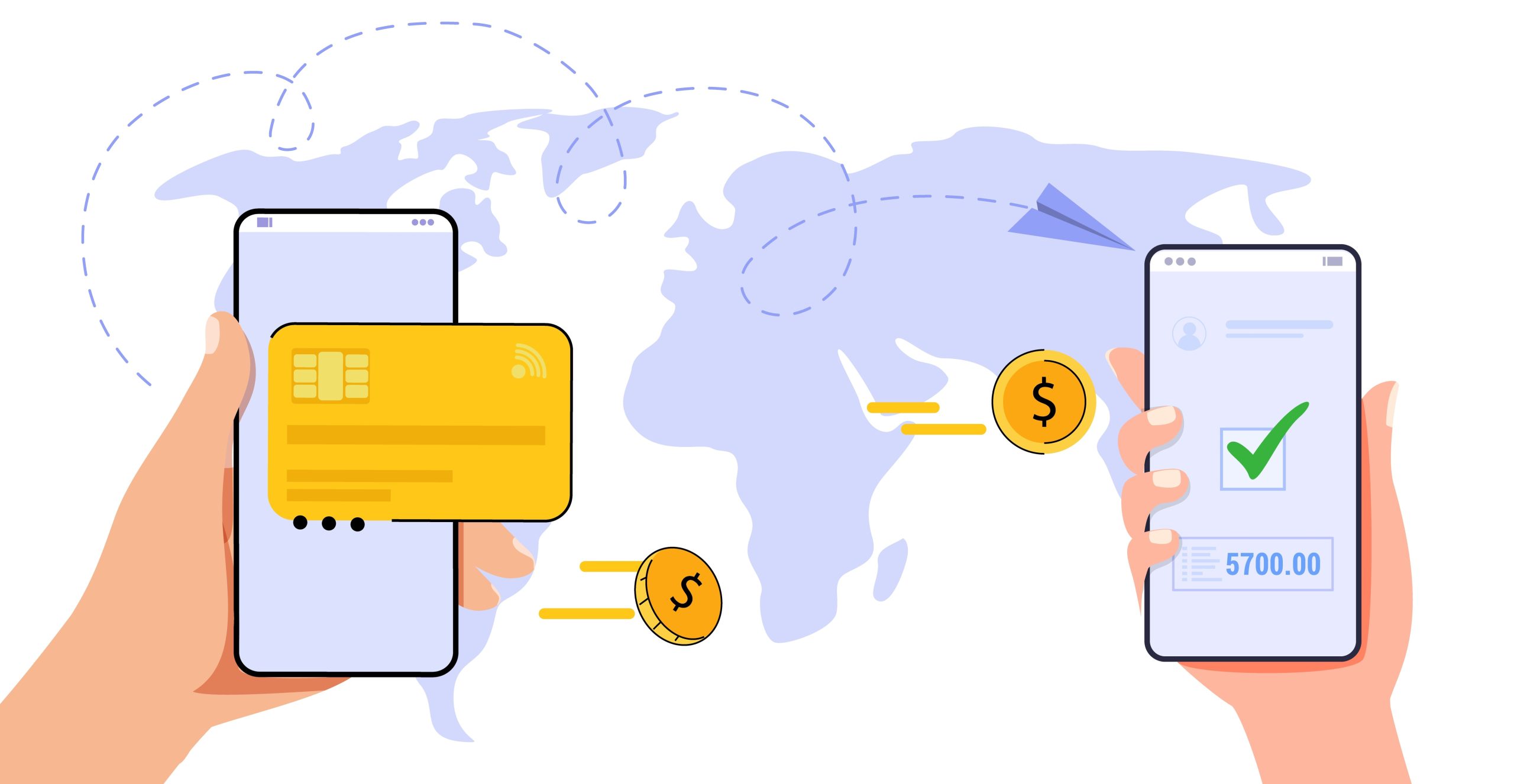Today, terms like ‘unbanked’ and ‘underbanked’ often surface in discussions about financial inclusion. These terms describe individuals who either lack access to traditional banking services or do not have the capacity to fully utilize them. This situation is particularly significant in the emerging market regions, including the Caribbean and Latin America, where many citizens rely on informal financial systems. The rise of financial technology (fintech), a service provided by us at Phoenix International, offers a beacon of hope, bridging gaps and extending financial services beyond traditional borders.

Join the future of banking with Phoenix International
Digital Loans and Onboarding
One of the most impactful ways that fintech is reaching the unbanked and underbanked is through digital loans and streamlined customer onboarding processes. Traditional banks often have stringent requirements, such as proof of a stable income, credit history, and even physical presence, which many citizens in the Caribbean and Latin America cannot readily meet, particularly those who are self-employed. Digital loans, however, remove many of these barriers.
Imagine Maxine, a small farmer in rural Jamaica, who needs a loan to buy layers and baby chickens for her poultry farm. In the past, Maxine would have to travel to the nearest town, fill out piles of paperwork, and wait weeks for an approval that might never come. Today, with a smartphone and internet connection, Maxine can apply for a loan in just a few taps and with fewer requirements.
The onboarding process is also simplified. Fintech companies utilize digital Know Your Customer (KYC) processes that allow users to verify their identity by uploading documents and taking selfies. This approach not only reduces the time and effort required but also ensures that more people, like Pamela, can access financial services without the need for a physical branch visit.
Remittance Integration
Remittances are a lifeline for many Caribbean families. Money sent from relatives abroad helps to cover essentials like food, shelter, education, and healthcare. However, traditional remittance services can be expensive, insecure, and inconvenient, with recipients often traveling long distances to collect cash and losing a significant portion of their money to fees.
Fintech innovations are transforming this space by integrating remittance services into digital wallets and mobile money platforms. For instance, John’s brother, who works in the United States, can now send money directly to John’s mobile wallet in Trinidad. This means John can receive funds instantly and securely, with lower fees compared to traditional methods. He can then use his mobile wallet to pay bills, buy groceries, or even save for future needs, all from his phone.
This seamless integration of remittances into digital financial ecosystems not only enhances convenience but also encourages the unbanked and underbanked to participate more actively in the formal financial system. It opens a world where financial services are not bound by physical locations or exorbitant fees.
Humanizing Financial Inclusion
While technology plays a critical role, the heart of financial inclusion is understanding and addressing the unique challenges citizens face. In the Caribbean and other emerging markets, cultural nuances, language barriers, and trust in technology are factors that Phoenix International considers when developing and implementing fintech solutions.
By offering user-friendly interfaces, providing customer support in local languages, and educating communities about digital financial tools, fintech companies are making strides in humanizing financial services. They are not just offering products but building trust and empowering individuals like Maria and John to take control of their financial futures.
Conclusion
In emerging markets, where traditional banking has left many behind, digital loans, streamlined customer onboarding, and integrated remittance services are breaking down barriers. By focusing on human-centered design and understanding the unique needs of the region, fintech is not just reaching the unbanked and underbanked; it is transforming lives.
Learn how you can reach even more customers with fintech by visiting us at More Than Just Banking – Phoenix International.
